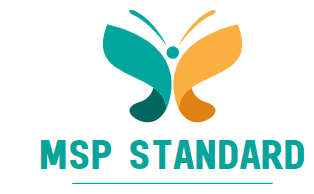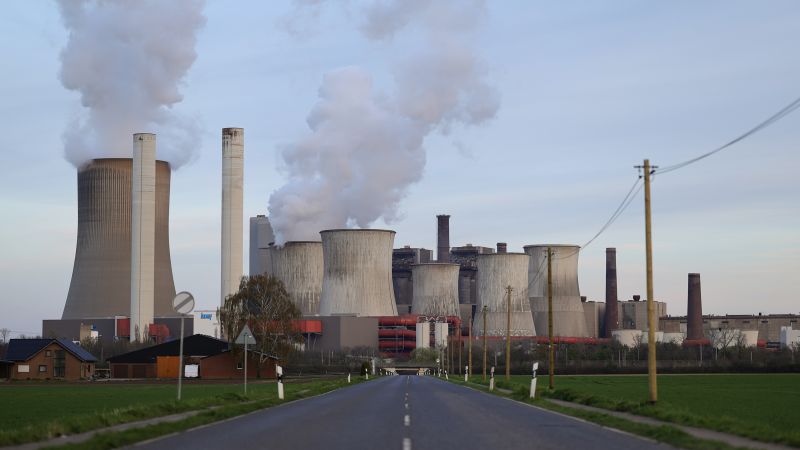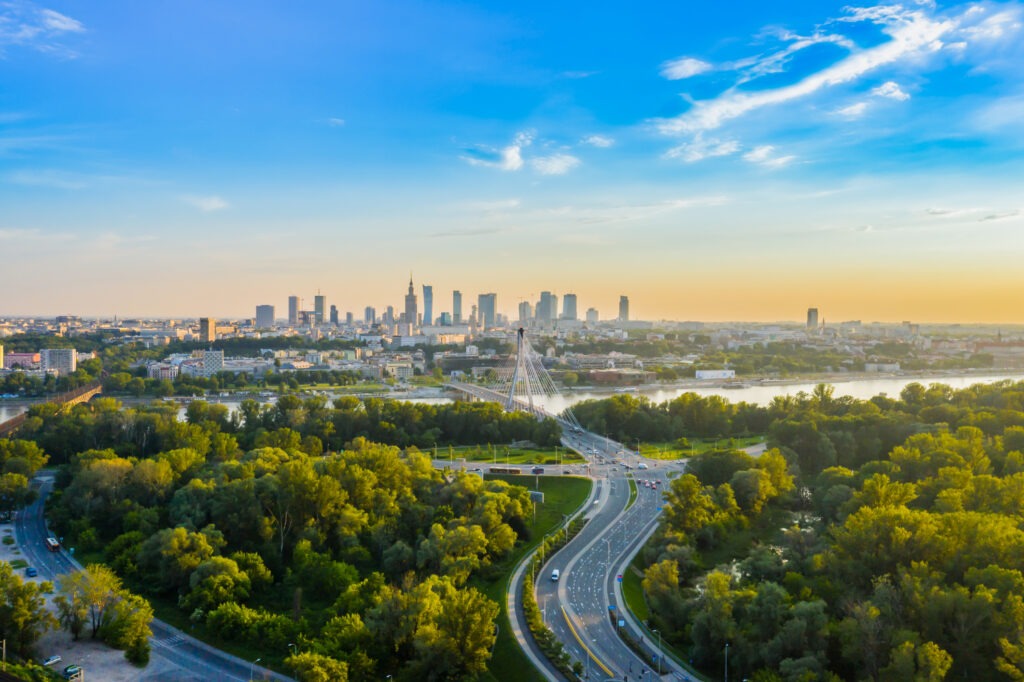This summer was supposed to mark a major turning point for New York City’s market for Airbnb and other short-term rental sites. But now, hosts and lodgers can expect little change until the end of the peak tourist season.
A new law that requires hosts to register with the city will effectively eliminate thousands of vacation rentals for entire apartments on Airbnb, one of the largest rental platforms, but also on sites such as VRBO and Booking.com. Rentals for entire homes and apartments for less than 30 days are already illegal under New York state’s multiple dwelling law.
Proponents of the change argue that short-term rentals are worsening the city’s lack of affordable housing by reducing the number of apartments on the full-time rental market. But the agency charged with enforcing the new rule has twice-delayed its full implementation in recent months, and lawmakers are concerned that the agency’s current staff vacancy rate of over 50% is hindering its ability to enforce the law.
“They’re missing half the team, and they really need full capacity to get this done,” said Councilmember Carlina Rivera, who co-sponsored the law that passed last year. “There are over 10,000 illegal short-term rentals in operation in NYC in the midst of a perpetual housing crisis, which is unacceptable.”
Enforcement of the new rules, originally scheduled to begin on May 9, will now start on Sept. 5, after initially being postponed to July 1.
Entire homes and apartments available to rent for less than 30 days make up more than a quarter of the roughly 43,000 Airbnb listings in New York City, according to data provided by Inside Airbnb, which is not affiliated with the company. It advocates for tougher rules on short-term rentals and extracts data from Airbnb’s website on a quarterly basis. But only 7,000 of those properties are booked regularly.
Under the new law, New Yorkers who want to rent their homes on Airbnb and other platforms must apply for a registration with the city, provide detailed information about their property and clear any outstanding building violations, among other requirements. Hosts are only allowed to rent rooms in their own living space for rentals under 30 days, and they have to be home while their guests are visiting.
As of June 5, only 36 applications had been accepted out of a total of 781 received since registration opened in March, according to Christian Klossner, director of the Mayor’s Office of Special Enforcement, or OSE, the agency responsible for implementing the law. Only 13% of applications had been fully reviewed. Seven had been denied because they were for rent-regulated apartments, which are also barred from registering under the new rule
Klossner said he was unable to answer questions from Gothamist on the record about how understaffing might affect the city’s ability to implement the new law, which officially went into effect on May 9, despite the delays in enforcement.
Airbnb and three hosts filed lawsuits against the city earlier this month, arguing the new rules are overly burdensome and a violation of hosts’ privacy. They’ve asked a judge to invalidate the new requirements. OSE informed the court on Friday that it had delayed enforcement.
“If you have been doing this illegally, you might want to find another way to make a living.”
If and when enforcement begins, OSE will be responsible for approving registration applications, monitoring compliance with the law, and issuing fines that range from $100 to $5,000 when it finds a violation. The office has the power to conduct investigations, issue subpoenas, hold public hearings and revoke registrations for infractions, which will prevent Airbnb and other platforms from processing payments to unregistered hosts.
However, OSE was operating with just 28 of its 60 budgeted positions as of mid-May, according to Deanna Logan, director of the Mayor’s Office of Criminal Justice, which oversees OSE. That’s well above what the Independent Budget Office said is an overall staff vacancy rate of 8% among full-time staff across all city agencies.
Councilmembers are currently hammering out the details with Mayor Eric Adams on a city budget of more than $100 billion. Low staffing levels citywide have been an ongoing concern within the City Council.
„The recent delays by the Office of Special Enforcement have brought to light the critical importance of funding agencies,” said Councilmember Eric Dinowitz. “We are currently working on a budget that secures the necessary funding for these agencies to operate efficiently.”
At a council hearing last month, Councilmember Pierina Sanchez, who chairs the housing and buildings committee, called OSE’s vacancy rate “alarming.” Logan said the unit faces a prolonged hiring process for many of its positions.
“We just have to beef up the team at OSE,” Rivera said. “There are thousands of these short-term rental sites across the city — they need the tools in order to enforce [the law]. „
Przeprowadzona przez Gothamist analiza ofert Airbnb w Nowym Jorku, z wykorzystaniem danych dostarczonych przez Inside Airbnb, pokazuje, że nowe wymagania nie zmieniły jeszcze liczby ani rodzaju wynajmów zamieszczonych na stronie — czego można się spodziewać, biorąc pod uwagę, że wdrożenie jeszcze się nie rozpoczęło . Na dzień 3 maja w Nowym Jorku było 43 303 ofert Airbnb, co stanowi niewielki wzrost o prawie 1% od czasu otwarcia rejestracji w ramach nowej zasady w marcu. Odsetek ofert krótkoterminowych i pełnych jednostek również utrzymał się na stabilnym poziomie około 30%.
Nowe prawo pozwala również właścicielom, spółdzielniom i innym właścicielom na zapobieganie rejestrowaniu ich budynków jako najmu krótkoterminowego. Urzędnicy miejscy powiedzieli, że pośrednicy w handlu nieruchomościami złożyli wnioski o wpis na listę budynków zabronionych dla około 8 000 budynków.
powiedział Tom Keeler, zwolennik prawa, który przewodniczy Komitetowi Nielegalnych Hoteli w Stanach Zjednoczonych Sojusz Sąsiedztwa West Side. „I odwrotnie, jeśli robisz to nielegalnie, możesz chcieć znaleźć inny sposób zarabiania na życie”.
Wygląda na to, że Airbnb przygotowuje się do wprowadzenia zasad rejestracji, nawet jeśli próbuje je unieważnić. W maju ogłosiła, że jest w trakcie reorganizacji swoich ofert dla Prywatne pokoje W domach zamieszkałych przez najemców lub właścicieli, które mogą być wynajmowane na krótkie okresy. Teraz prowadzi również użytkowników przez proces rejestracji przed wystawieniem nieruchomości i ułatwia utrzymywanie rezerwacji dłuższych niż 30 dni, na które nowa zasada nie ma wpływu.
„nieodparta pokusa”
Reguła rejestracji – znana jako kod lokalny 18 – to najnowszy W serii wieloletnich prób miasta rozprawienia się z nielegalnym najmem krótkoterminowym. Nowy wymóg może być jedynym środkiem, który ostatecznie powstrzyma tę praktykę, powiedział Michael McKee, weteran regulatora praw najemców, który walczył o jego uchwalenie w radzie miasta.
„Wyeliminowanie nielegalnego wynajmu krótkoterminowego jest bardzo ważną częścią zachowania przystępnych cenowo zasobów mieszkaniowych” – powiedział. „Apartamenty powinny być dla długoterminowych najemców, a nie dla turystów”.
Złożenie fałszywego oświadczenia we wniosku o rejestrację lub zatajenie dyskwalifikującej informacji o leku podlega karze grzywny w wysokości 1000 dolarów. Niepowiadomienie środowiska systemu operacyjnego o zmianach w wynajmie krótkoterminowym nieruchomości może skutkować nałożeniem grzywny w wysokości 5000 USD za trzy lub więcej naruszeń. Jednak grzywny nałożone na gospodarzy z powodu obowiązujących przepisów często pozostają nieopłacone, Dźwig Zgłaszałem na początku tego roku.
“The rules fail to distinguish between New Yorkers who share their homes and illegal hotel operators.”
Mckee said that some landlords “find it an irresistible temptation to rent it out by the night or the week.”
“They can make a lot more money that way than by giving a long-term tenant a residential lease for a year or two,” he added. Airbnb has contested this claim, arguing that the bulk of listings would generate more money as long-term rentals.
But Airbnb hosts who spoke with Gothamist said they’re navigating the registration process with a mix of confusion and resignation.
Anderson Toney, a realtor who rents a private bedroom and bathroom in her Brooklyn apartment on Airbnb for extra cash, originally thought that she wouldn’t have to register because she lives in the same apartment as her guests.
The law, she learned, requires all hosts to file a registration. She mostly welcomes the new rule — particularly for hosts with scores of listings across the city.
“Airbnb wasn’t meant to be what it has turned out to be, where investors are taking all of their apartments and putting it on the short term monthly rental market,” Toney said.
But she and Linda Ortiz, a Bronx homeowner who started hosting on the site after her divorce, believe the law should make an exception for individual homeowners renting out a separate apartment inside their property.
She and a group of other homeowners – known as Restore Homeowners Autonomy and Rights – are writing letters to city councilmembers imploring them to amend the new registration rules.
“The focus for us is the one- and two-family homes,” Ortiz said. “It’s those shady people that are making a living off of Airbnb that are not healthy for our communities. But I am an added value to my community.” She said her guests patronize local Black and Latino-owned restaurants and bring much-needed business to a neighborhood that visitors to the city often skip.
“Tourists from all walks of life and all over the world have come to Mott Haven and dined on 138th Street, learned what ‘bodegas’ are and visited areas in the Bronx that were most likely never part of their itinerary,” she wrote in a comment she submitted about the rule when it was still under consideration.
Ortiz said she’s been working to get her house ready for registration. That includes resolving a building violation for an unpermitted water heater.
“It’s gonna take some time and it’s gonna take some money,” Ortiz said, adding that she had canceled all her bookings after July 1 in anticipation of the previous enforcement deadline, but has since reopened her listing through August and says she’s booked out for the rest of the summer.
In a statement to Gothamist, Nathan Rotman, Airbnb’s regional policy lead, criticized the rule for lumping all Airbnb hosts together.
“The rules fail to distinguish between New Yorkers who share their homes and illegal hotel operators, and create a de facto ban that will hurt New Yorkers and the local tourism economy,” he said. “For years, Airbnb and our host community have tried to work with the city to develop a sensible compromise, and we echo calls from our host community urging the Adams administration to revisit the current rules to allow residents to share their homes.”

„Kawioholik. Fanatyk alkoholu na całe życie. Typowy ekspert podróży. Skłonny do napadów apatii. Internetowy pionier”.







More Stories
Znaleziono zaginioną zjeżdżalnię awaryjną, która spadła z samolotu Delta – wyrzuconą przed domem prawnika, którego firma pozywa Boeinga
Wezwania JPM do sprawdzenia realiów w zakresie transformacji energetyki są rozsądne
Była pracownica rejsu ujawnia 6 rzeczy, których nigdy nie zrobiłaby na statkach